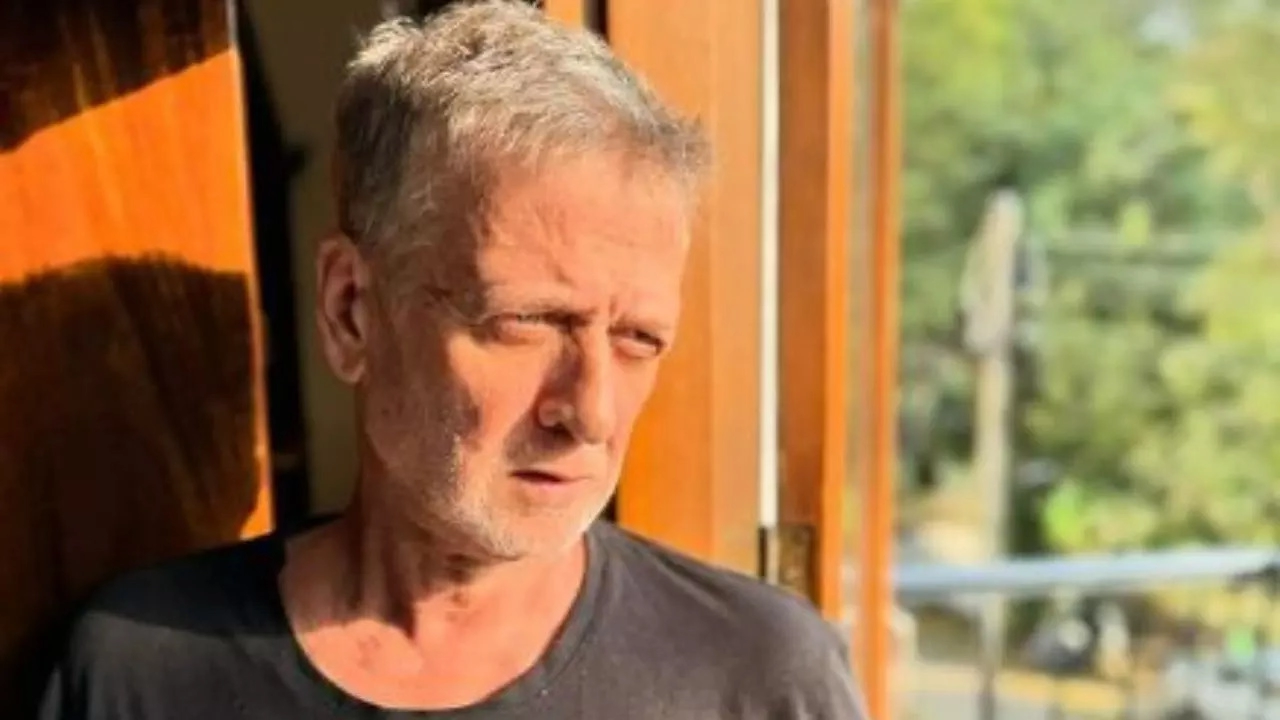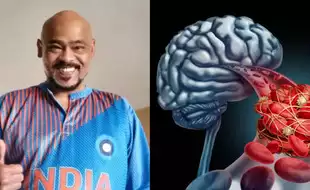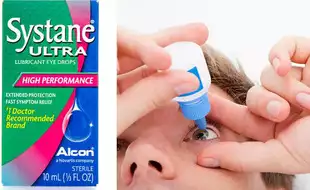What Is A Cardiac Arrest That Rohit Bal Died Of At 63? Know Debilitating Symptoms of The Heart Condition
Nov 02, 2024
News

In November 2023, Rohit was admitted to hospital after experiencing acute chest pain and was diagnosed with dilated cardiomyopathy
Celebrated fashion designer Rohit Bal has died at the age of 63 due to a cardiac arrest. According to news reports, Bal was in the ICU a week before his last show in October. He was discharged and then admitted to the Aashlok Hospital in Delhi on Wednesday, where he died of a cardiac arrest on Friday.
The Fashion Design Council of India President Sunil Sethi said doctors tried their best for two hours to revive him.
Bal had been keeping unwell for a year. In November 2023, he was admitted to a Delhi hospital after experiencing acute chest pain. Bal was then diagnosed with dilated cardiomyopathy - a condition in which the heart muscle becomes weakened and enlarged and as a result, the heart cannot pump enough blood to the rest of the body.
He was also on a ventilator for at least two weeks, before being discharged.
What is a cardiac arrest?
According to experts, a sudden cardiac arrest happens because of an electrical issue that makes your heart stop beating. During cardiac arrest, people typically collapse and become unresponsive after the symptoms start without warning.
Doctors say the life-threatening condition becomes fatal if you do not get immediate treatment.
What causes a cardiac arrest?
According to experts, just before cardiac arrest - abnormal, rapid impulses abruptly override the normal electrical impulses that start your heartbeat. Doctors say abnormal heart rhythms cause most sudden cardiac arrests with the most common life-threatening condition being arrhythmia or ventricular fibrillation.
It is an erratic and disorganized firing of impulses from your heart’s ventricles. When this happens, your heart is not able to pump blood, leading to a lack of oxygen-rich blood for the rest of your body.
Without treatment, you can die within minutes A few conditions that lead to these abnormal heart rhythms are the underlying causes of sudden cardiac arrest. A few of these include:
- Cardiomyopathy
- Heart attack
- Heart failure
- Recreational drugs like cocaine
- Brugada syndrome
- Coronary artery disease
- Congenital heart conditions
- Extreme physical activity or blood loss
- Respiratory conditions
- Severe injury
- Toxins
Signs and symptoms of a cardiac arrest
A few signs that you are getting a cardiac arrest may include:
- Loss of consciousness or fainting
- Heart palpitations
- Dizziness
- Lightheadedness
- Weakness
What happens right before cardiac arrest?
Doctors say just before you faint, you may have other signs of cardiac arrest, which include:
- Chest pain
- Nausea and vomiting
- Breathlessness
How can cardiac arrest be treated?
Doctors say a sudden cardiac arrest can be treated and reversed with immediate treatment. Survival can be as high as 90 per cent if treatment starts within the first minutes after sudden cardiac arrest. The rate drops by about 10 per cent each minute longer.
Sudden cardiac arrest can also be fatal if it lasts longer than eight minutes without CPR. Brain damage can happen after just five minutes.
So, a few quick steps you can take if you see someone experiencing sudden cardiac arrest:
- Call the emergency services
- Start CPR
- Use an automated external defibrillator if there is one around. Defibrillators shock your heart through paddles placed on your chest and as the current travels to your heart, it helps stop the abnormal impulses and restores the normal impulses that make it beat.
Get Latest News Live on Times Now along with Breaking News and Top Headlines from Health and around the world.



